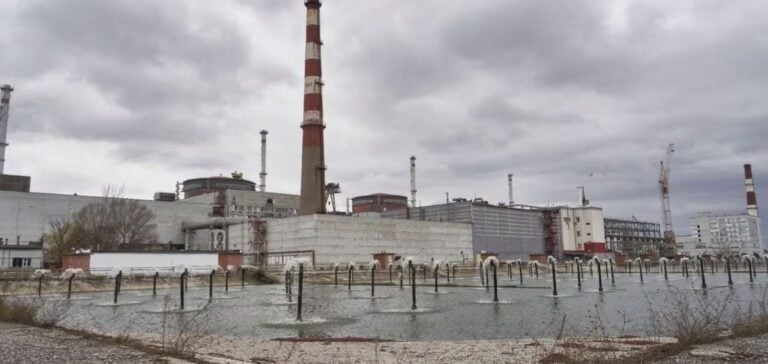The war in Ukraine has had a devastating impact on the country’s energy infrastructure, which is essential to the functioning of the economy and the daily lives of civilians. According to President Volodymyr Zelensky, Russian missile and drone strikes have destroyed 9 gigawatts of electrical capacity, or half the winter peak consumption of 18 gigawatts.
Extensive damage to energy infrastructures
The damage caused by Russia to the Ukrainian energy system is considerable and affects multiple sectors. Mr. Zelensky points out that 80% of thermal generation from coal- and gas-fired power plants has been wiped out. Similarly, a third of hydroelectric production capacity was taken out of service by the bombing. In addition, natural gas storage facilities and systems linking the Ukrainian power grid to that of the European Union were also targeted.
Widespread electrical rationing
Faced with this massive energy deficit, the national operator Ukrenergo has no choice but to drastically extend electricity rationing across the country. The restrictions are now in force from 2pm to 11pm every day, as electricity imports from neighboring European countries are not sufficient to compensate for the lack of domestic production. This situation is causing considerable inconvenience for populations already hard hit by the conflict.
Russian leverage
For Mr. Zelensky, the methodical destruction of energy infrastructures is a weapon of war in its own right. This “terror inspired by missiles and bombs” aims to weaken Ukrainian resistance and help Russian troops advance on the ground by sowing chaos. The President believes that until Russia is deprived of this ability to cause harm, Vladimir Putin will have no real interest in seeking an equitable peace that puts an end to hostilities.
The call for more air defense
To counter these devastating attacks and enable the reconstruction of infrastructure, the Ukrainian president is calling for a massive increase in the delivery of air defense systems to his country by Western allies. He sees this reinforcement as “the answer” needed to stop Russia and put a definitive end to the invasion. Energy security and the restoration of the power grid are now an integral part of Zelensky’s 10-point peace plan. This crucial issue will be at the heart of discussions at a forthcoming summit on the war in Ukraine, scheduled for June 15 and 16 in Switzerland. A summit to which Russia, the main threat to Ukrainian infrastructure, was not invited.
Russia denies targeting civilians
On the Russian side, Kremlin spokesman Dmitry Peskov denied any deliberate targeting of civilian infrastructure. In his view, the destroyed Ukrainian power plants are legitimate “military” targets in the context of the armed conflict. A justification that hardly convinces Kiev and Western capitals, who denounce war crimes on Moscow’s part.






















